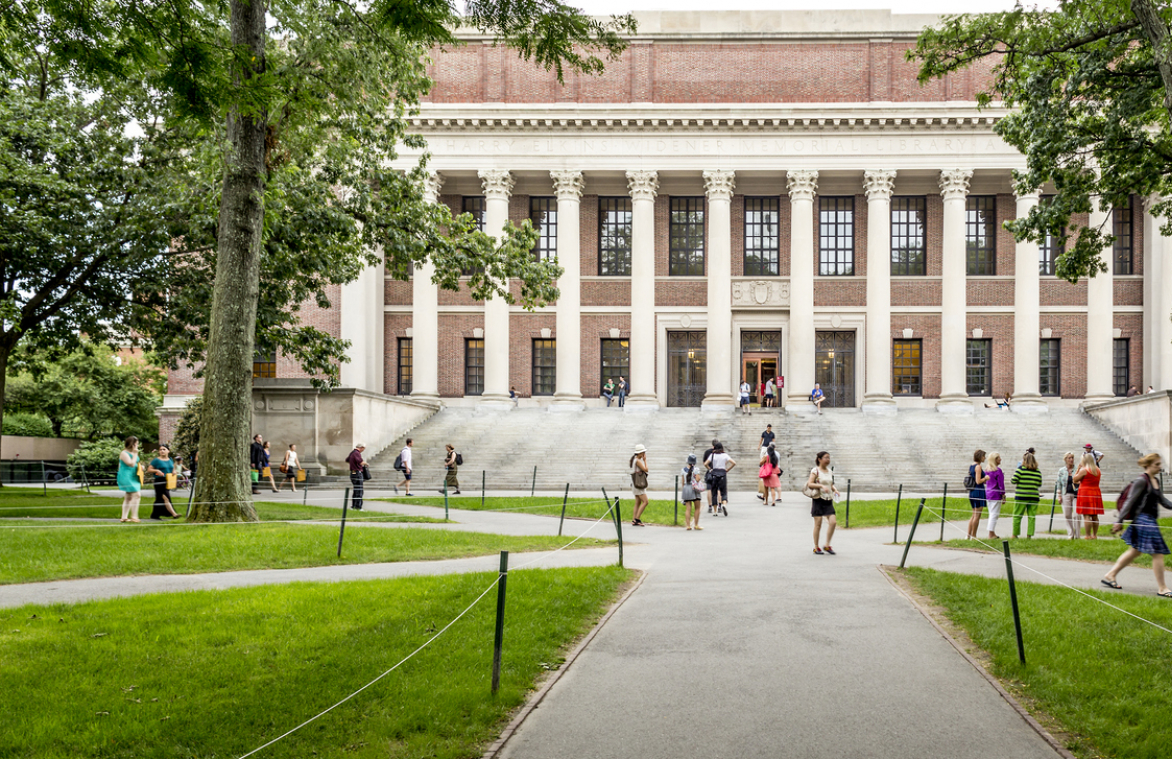In his new book Campus Misinformation, Penn State Professor Bradford Vivian explains what politicians and campus critics say about the state of America’s college campuses:
“Undergraduate students today are badly coddled. The smallest obstacles and disagreements trigger them. Students desire safe spaces and constant reassurance. The overly emotional whims of undergraduates now run the show at colleges and universities. Most students, not just a few of them, think and act in such frenzied and domineering ways. The culture of most college campuses now represses free speech, diverse viewpoints and constructive disagreement. That culture threatens not only higher education but democracy writ large,” he writes.
Appalling, isn’t it? Vivian then devotes the rest of his book to explain why those assumptions are largely untrue, and in his word “canards.”
Vivian’s approach is straightforward, essentially examining the criticisms and asking “Is this accurate? Are speakers being shouted down all over America? Does the culture on college campuses short-circuit free speech?”
Vivian’s argument is that politicians have found a false storyline that stirs up resentment of higher education and plays to political advantage. Widely covered controversies at high-profile universities get the attention, while most colleges operate incident-free.
The author labels the narrative of repressive college campuses as “misinformation,” and blames columnists and op-ed writers drawn to easy outrage without checking on the facts. Vivian largely backs up his argument, though it’s difficult to document the nonexistence of a problem.
In writing about highly publicized campus clashes over controversial speakers, Vivian notes that those speakers “spoke on college campuses routinely from 2017 to 2018 and continue to do so. Media personalities and extremist figures now increase their public profiles with well-funded college speaking tours during which they paradoxically complain, before large audiences in university venues, that college campuses will not tolerate their speech.”
Vivian has a contrarian view of the well-known and widely-lauded “University of Chicago statement” sent to incoming students August 2016.
“Our commitment to academic freedom means that we do not support so-called ‘trigger warnings,’ we do not cancel invited speakers because their topics might prove controversial, and we do not condone the creation of intellectual ‘safe spaces’ where individuals can retreat from ideas and perspectives at odds with their own,” noted the letter from the dean of students.
 The letter was praised by those troubled by the perceived coddling young people and some of us who found it refreshing that a university would emphasize the importance of free expression from the outset of a student’s education.
The letter was praised by those troubled by the perceived coddling young people and some of us who found it refreshing that a university would emphasize the importance of free expression from the outset of a student’s education.
Vivian views the Chicago letter as grandstanding that perpetuated misinformation about the state of America’s campuses, writing that the letter “suggested without evidence that such forms of alleged coddling were prevalent on other university campuses, while describing them as antithetical to free speech and diverse viewpoints.”
For my part, I’m intrigued by any attempt to explore what’s really happening on America’s campuses. College Misinformation is thought-provoking and Vivian pulls no punches. Many of his views resonate with me because I’ve yet to see the alleged “crisis” firsthand. I’ve worked on college campuses for 20 of the last 27 years, visited dozens of colleges and spoken at length with professors all over this country. There’s concern in higher education about preserving professors’ academic freedom from overreaching college administrators and state legislators, but little sense of campus-wide repression. It’s important to distinguish between high-visibility and high drama universities and the majority of campuses where free speech is alive and well, and students are working outside jobs just to get a much-coveted education. They’d love to know when the coddling begins.
Ken Paulson is the director of the Free Speech Center at Middle Tennessee State University.
The Free Speech Center newsletter offers a digest of First Amendment and news media-related news every other week. Subscribe for free here: https://bit.ly/3kG9uiJ

